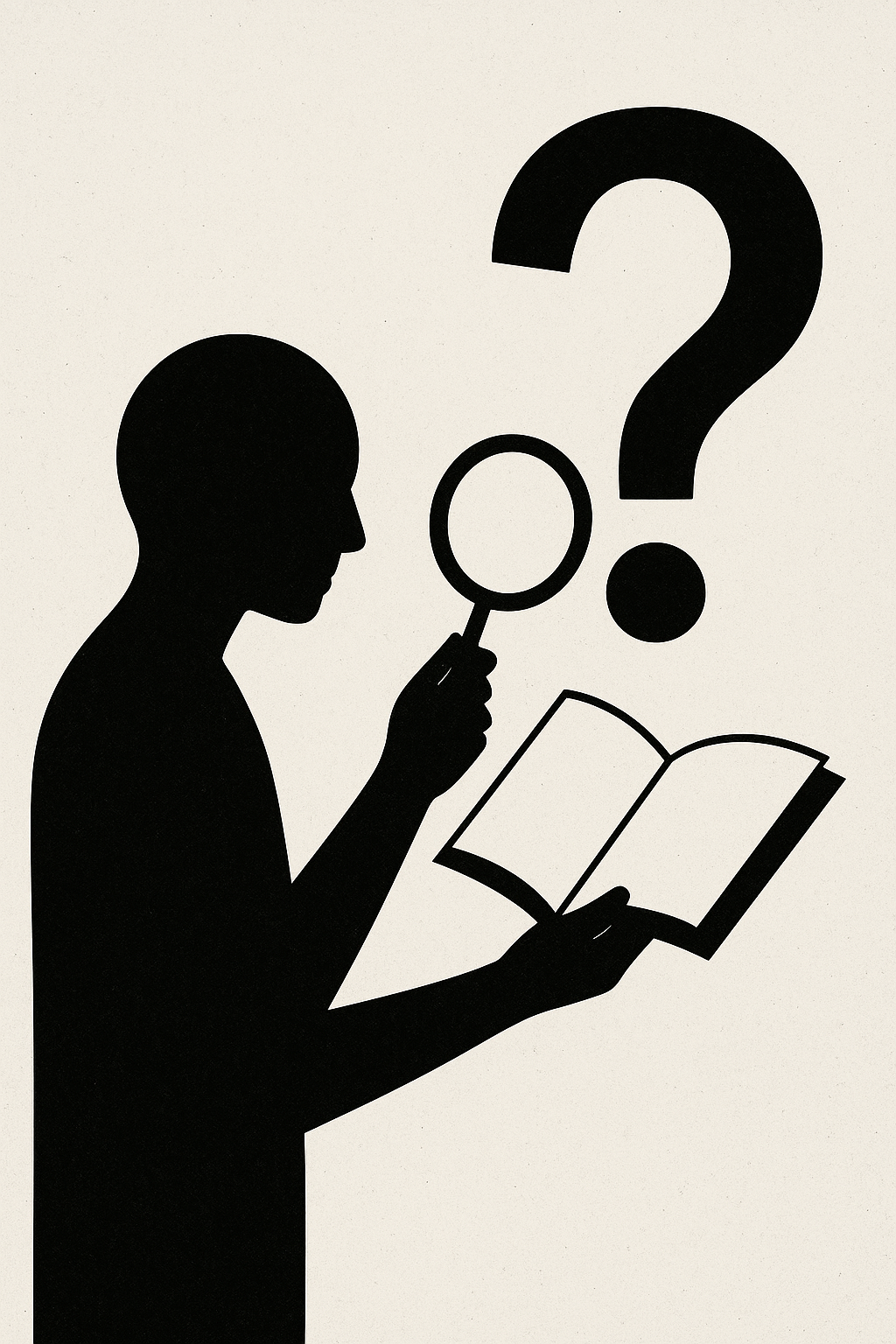Reading Discerningly: What to Consider (Not Just What Not to Read) in the 21st Century
In an age of information overload and constant digital distraction, the question of "what not to read in the 21st century" isn't about prescriptive prohibitions, but rather about enhancing discerning reading habits. It's about choosing wisely from the vast ocean of available content, prioritizing quality, relevance, and intellectual nourishment over sensationalism or shallow entertainment. For both aspiring writers and dedicated readers, developing strong critical literacy skills is paramount to navigating the contemporary literary landscape effectively.
From Literature Exclusivity to Full Access
The sheer volume of published material, from self-published novels to endless online articles, presents a unique challenge. Unlike previous centuries, when access to books might have been limited, today’s reader is inundated with options. This makes it crucial to develop a filter. Rather than focusing on what to entirely avoid, consider focusing on content that lacks depth, perpetuates harmful stereotypes, or relies on unsubstantiated information. Uncritically consuming such material can reinforce biases or simply waste precious time that could be spent on more enriching works.
Furthermore, it's wise to be wary of literature that offers overly simplistic solutions to complex problems or promotes an uncritical acceptance of a single viewpoint. The 21st century demands responsible reading that challenges assumptions and embraces complexity. This means actively seeking diverse perspectives and engaging with ideas that might initially be uncomfortable or unfamiliar. Literature that encourages narrow-mindedness or reinforces an echo chamber, while not inherently "bad," may limit intellectual growth and hinder a broader understanding of the world.
A Hint For Writers
For writers, understanding this discerning reader mindset offers valuable literature tips. It underscores the importance of writing with purpose, depth, and a commitment to truth. It encourages them to research thoroughly, to challenge their own biases, and to craft narratives that provoke thought rather than merely entertain. The discerning reader seeks authenticity, complexity, and a genuine exploration of the human experience, making shallow or poorly conceived works less appealing.
Ultimately, the focus should shift from a rigid list of “don'ts” to a proactive approach of “do critically engage". What not to read in the 21st century is less about censorship and more about mindful consumption. It’s about prioritizing literary merit, intellectual rigor, and emotional resonance. By honing our ability to choose wisely, both writers and readers can ensure that their literary journeys are rich, impactful, and truly reflective of the nuanced world we inhabit.

